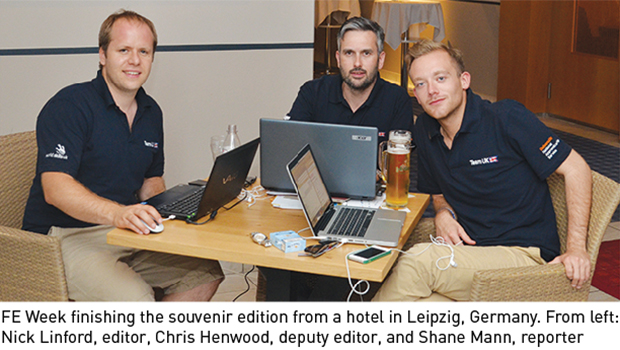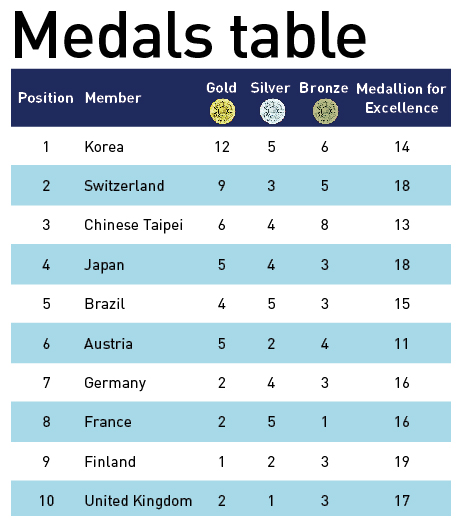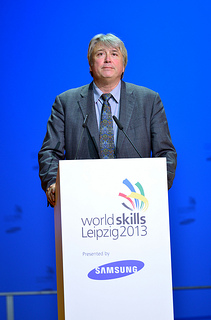A review of college governance by the Department for Business, Innovation and Skills has called for yearly diversity assessments.
The Review of Further Education and Sixth Form College Governance recommends that assessments of governing board composition, size and diversity feature in colleges’ annual reports.
It calls for such assessments to also look at the development of governing boards; and further, suggests annual reports should contain information on board recruitment and succession planning.
The Association of Colleges (AoC) has been tasked with providing good practice examples of such reports for the country’s 8,000 further education and sixth form college governors.
“College chairs and clerks are encouraged by BIS to discuss the findings and recommendations with their boards,” said an AoC spokesperson.
They added: “The review is expected to feed into the one being conducted by Dr Susan Pember on behalf of the AoC governors’ council.”
The BIS review looks at recruitment and succession planning, including the make-up of governing bodies; recognising the status and importance of governors, including through non-financial incentives; and, remuneration for governors, taking account of current practice in other sectors and the Charity Commission’s views.
The review also provides guidance, co-authored by the Charity Commission, on paying college governors.
It said: “Governors have strategic oversight of their college; they lead the drive for improved standards in teaching and learning, holding principals to account.
“Governors are also the guardians of public money, with responsibility for ensuring effective and efficient use of college resources.
“This report recognises the commitment, energy and dedication governors bring to their role. It also recognises the special responsibilities and demands that come with assuming the role of chair of governors.
“The report accordingly sets out a series of recommendations which challenge the status quo, and which seek to support stronger governance and improved standards.”
Christine Doubleday, deputy executive director of the 157 Group, said: “We certainly support the drive for ever greater diversity on governing bodies together with ensuring the board has an appropriate mix of the necessary skills and experience to fulfil its role effectively.
“Our colleges thrive in the mixed communities they serve and will always support clear approaches to promoting diversity and to recruitment and succession planning.”
She added: “Our colleges tell us governors do not take on the role for reward and remuneration, rather from a sense of civic duty and pride in their communities.
“However, the recommendation on this matter in the report is more about providing clear guidance to colleges. We welcome clarity on technical issues that will free colleges to make the best decisions for their boards and their communities.”
A spokesperson for the Sixth Form Colleges’ Association said: “[Skills Minister] Matthew Hancock should be applauded for commissioning this review and we are pleased that sixth form colleges were included in the scope of the project.
“Good governance has been key to the success of our sector, but it is important to explore how governance could and should evolve as we enter an era of greater autonomy.
“We look forward to working with the AoC and government to help implement the recommendations in the report.”





